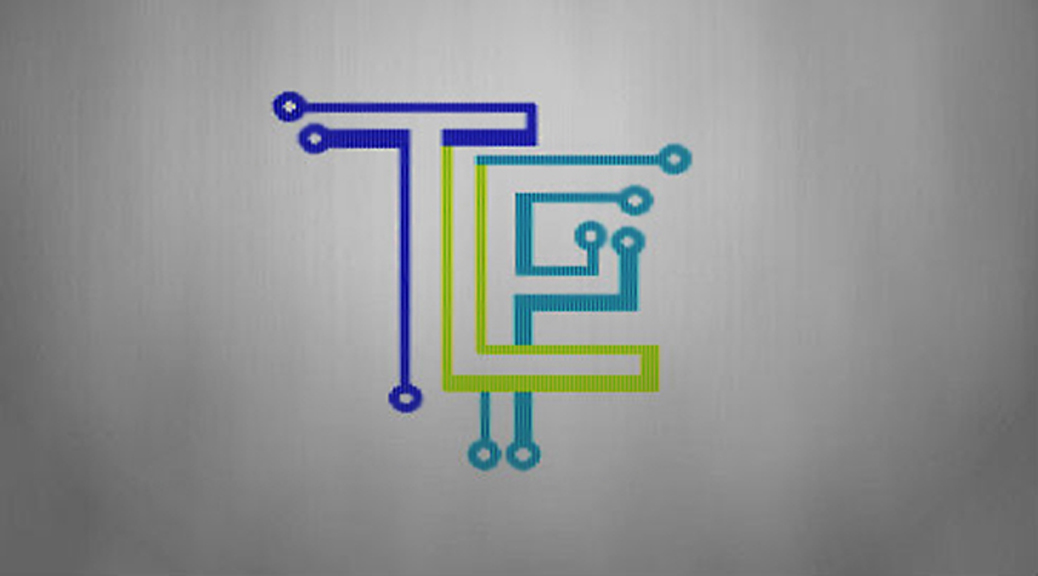[Ed Note : The following press note has been authored by Shweta Rao and Arvind Pennathur from NALSAR University of Law. Do watch this space for more details on the symposium!] On the 9th of September NALSAR University of Law’s Tech Law Forum conducted its first ever symposium with packed panels discussing a variety of…
Category: Editors’ Picks
Privacy & Transparency as Complementary Rights: Inadequacies in the Proposed Amendments to the RTI Act
[Ed Note : The following cross – post, authored by Sayan Bhattacharya of NALSAR University of Law, was first posted on the Law School Policy Review. The link to the same can be found here. ] By leaving essential terms undefined and placing a higher burden to disclose personal information, the amendments proposed by the Srikrishna Committee…
Admissibility of Secondary Digital Evidence in Courts
[Ed Note: The following is a guest post by Shriram Kashyap, a second year student of NALSAR University of Law.] The sudden influx of computers brought about major changes in the legal framework for regulating technology in India. The Information Technology Act 2000 (hereinafter the ‘IT Act’) was one such change that impacted various fields,…
The Week That Was: 25/08/2017
In this second edition of The Week That Was, we find… The 9 Judge Bench of the Supreme Court of India unanimously held that Privacy is a Fundamental Right under Part III of the Constitution of India and gave hope to the LGBT+ community, and may have implications for SEBI’s move to link with Aadhaar,…
Editors' Picks (05/05/2015)
1) Facebook’s Internet.Org is a privacy nightmare, Nikhil Pahwa, Medianama. 2) How ICANN pressures net engineers to give it behind-the-scenes control of the web, Kieren McCarthy, The Register. 3) Appearing happy on Facebook may be used against you in a court of law, Amanda Hess, Slate. 4) Online fact checking tool gets a big test with…
Editors' Picks (22/3/15)
1. Dot wants to be the Wikipedia of location mapping, Napier Lopez, TheNextWeb. 2. Hardware Designs Should be Made Free: Here’s How to Do It, Richard Stallman, WIRED. 3. Humans: The Next Platform, Geoffrey Woo, TechCrunch. 4. Huxley to Orwell: My Hellish Vision of the Future is Better Than Yours (1949), OpenCulture.
Editor's Picks (08/03/2015)
1) Anatomy of a Hack, Russell Brandom, The Verge. 2) Documentary on 2012 Delhi gang rape banned in India, Nikita Doval, Live Mint. 3) Opinion: The FCC’s Net Neutrality victory is anything but, Geoffrey A. Manne, Wired. 4) Facebook post written in Florida lands US man in United Arab Emirates jail, David Kravets, Ars Technica….
Editors' Picks (02/03/15)
1) Defining Offensive: SC reserves verdict on pleas against 66A of IT Act, First Post. 2) Net Neutrality activists score landmark victory in fight to govern the Internet, Dominic Rushe, The Guardian. 3) Snapdeal has just been taken to court for selling vibrators, Manu Balachandran, Quartz India. 4) How the Military will fight ISIS on…
Editors' Picks (17/02/15)
1) The great Internet swindle: ever get the feeling you’ve been cheated? Jon Henley, The Guardian. 2) Google boss warns of ‘forgotten century’ with e-mails and photos at risk, Ian Sample, The Guardian. 3) Can Twitter fix its harassment problems without losing its soul? Rachel Metz, MIT Technology Review. 4) Millions of Facebook users have no idea…
Editors' Picks (8/2/15)
1. We Can Now Build Autonomous Killing Machines. And That’s a Very, Very Bad Idea, Rober McMillan, WIRED. 2. Blocking online porn: who should make Constitutional decisions about freedom of speech?, Chinmayi Arun, Scroll.in. 3. Office Puts Microchips Under Employees’ Skin, Luke Karmali, IGN. 4. Why economists are wrong about tech, Michael Baxter, The Next Web. 5. Watch Vestigen’s…
